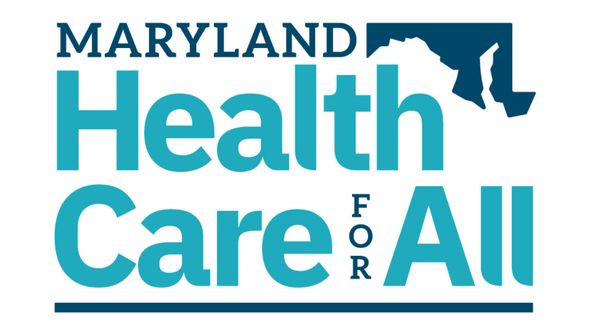Maryland Reporter
By Sam Smith
Sam@MarylandReporter.com
The Campaign for Tobacco-Free Kids estimates that Maryland’s tax increases on smokeless tobacco and cheap cigars that began in July will cut the number of teens using those products by one third, according to a University of Maryland law school study being released today (Wednesday).
The tax hike passed in May raises the tax on smokeless and smoking tobacco from 15% of wholesale value to 30%. Meanwhile, the tax rate for non-premium cigars, such as cigarillos, Swisher Sweets and Black & Milds, increases from 15% to 70%.
“Those are the kind of increases that will have a dramatic impact,” said Vincent DeMarco, president of the Maryland Citizens’ Health Initiative.
Cigarette smoking is down
In the last 15 years, cigarette smoking amongst teens decreased by 40% in Maryland. After a string of tax increases in that span, there is currently a $2 dollar tax per pack.
Although DeMarco said raising the cigarette tax was successful in deterring teens from buying cigarettes, they turned to cheaper alternatives like cigarillos or “little cigars”. As the tax rate for cigars remained at 15%, there was an 11% increase in youth smokingcigars. Non-premium cigars could be bought for as little as 69 cents to $1.50 at convenience stores and gas stations.
They are sold in different flavors like chocolate, vanilla, grape and strawberry.
On average, the tax hike increased the price of a non-premium cigar by roughly 40 cents and five-packs by roughly $2.00.
“When you got to pay, let’s say, $8 for a pack of cigarettes and you are a 15-year-old, you hesitate from becoming a pack a day smoker because you just don’t have the money,” said Peter Hamm, former tobacco user and national communications director for Campaign for Tobacco-Free Kids. “But, then there are these convenience stores and other outlets where you can buy a single little flavored cigar for a dollar, and every 15- or 16-year-old has a dollar.”
“You start small without the price shock, then you care a little bit less about the price because my brain is telling me I need some more of this stuff,” Hamm said.
Smigiel: Tax hike an attempt to raise revenue
Del. Mike Smigiel, R-Cecil, opposes the tax and said that it is a disguise for the state to raise more revenue.
The Other Tobacco Product tax revenue is expected to increase 25% in 2013 and increase general funds by $24 million in five years despite the projected decrease in sales, the law school study said.
Smigiel said that Marylanders will leave the state to buy tobacco products, as well as other goods, in surrounding states to save money. He added that the state would reach kids more effectively through education rather than taxes.
“Government doesn’t belong making those choices for you,” Smigiel said. “A tax is not going to deter youth from using the product. Some of the peer pressure and getting the advertising out there to show the effects of it, that is much more effective than forcing someone to run out of state to buy tobacco for the week.”
Pro-baseball a major influence in use of smokeless tobacco
DeMarco said the tax increase only solves part of the problem. Kids are more inclined to use tobacco products when they see role models such as baseball planyers using them.
The link between chewing tobacco and baseball goes back as far as the sport itself. The image of all-stars and Hall of Famers having large wads of tobacco in their mouths with tins in their back pockets gives teens involved in the sport a dangerous idea.
Many players have seen tobacco use take a toll on their health. Hall of Fame outfielder Tony Gwynn had a cancerous growth removed from his cheek in February, which he blames on the use of smokeless tobacco.
Major League Baseball took a historic step this year when its five-year collective bargaining agreement limited the use of smokeless tobacco. Players and coaches can no longer carry tobacco tins or pouches on their body or uniform anytime fans are at the ballpark. They are prohibited from using smokeless tobacco during televised interviews, autograph sessions or team-sponsored appearances. The restrictions do not prevent the players from chewing while they are in the clubhouse or not in the field.
Fines for using tobacco chaw
However, the discipline procedure is lenient against players and coaches found in violation. For the first offense, a written warning is issued. For the second offense, another written warning is given along with “recommendation” for counseling. It’s not until the third offense that the violator must pay a $1,000 fine.
“We think that there are a number of players that continue to chew tobacco in the ballparks where kids can see them and on television while they are playing and even sometimes when they are giving interviews,” Hamm said. “We think that’s not living up to the spirit of that agreement. We understand that there is a cultural linkage and we are going to be as patient as we can.”
“The ball players need to embrace the change if it is ever going to be successful.”
Last modified: October 24, 2012


